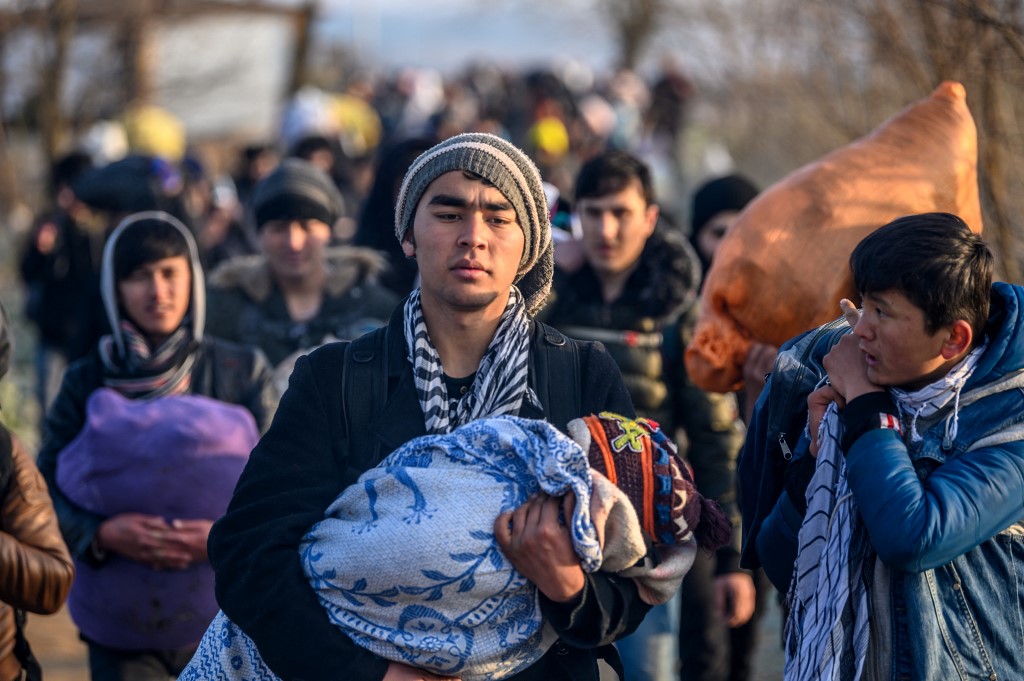Turkey is still the leading host country for refugees worldwide, with a population of nearly 3.6 million individuals seeking shelter, mainly from war-torn Syria, according to the latest figures from the International Organization for Migration (IOM).
The results were published in the World Migration Report 2024, which was published Tuesday.
For the seventh consecutive year Turkey has topped the list as the largest refuge for displaced people, a large proportion of whom are Syrians displaced by the ongoing civil war in their home country.
Following closely behind Turkey are the Islamic Republic of Iran and Pakistan, with Iran seeing an increase in refugee numbers from 800,000 in 2021 to around 3.4 million in 2022 due to the influx of Afghan refugees.
The report also highlights key migration corridors, with the route from Mexico to the United States having the highest volume at almost 11 million people. The corridor from the Syrian Arab Republic to Turkey is the second largest, highlighting the ongoing impact of the Syrian crisis.
In Lebanon and Jordan, the number of refugees is so large that they make up a significant proportion of the national population.
At the end of 2022, one in seven inhabitants in Lebanon and one in 16 in Jordan was a refugee in need of international protection.
In the midst of the economic crisis, Turkey and Lebanon have seen a rise in xenophobia and racist attacks against refugees, especially Syrians. These attacks have been fueled by misinformation and inflammatory rhetoric from far-right nationalist parties, which has exacerbated the challenges faced by migrants.
The Middle East continues to be a major source of refugees, with the Syrian Arab Republic alone the source of around 6.5 million refugees in 2022. Despite a decrease in the number of Syrian refugees in the first half of 2022 — the first decline since 2011 — they still account for almost one in five refugees worldwide.
Adding to the region’s challenges, powerful earthquakes struck southeastern Turkey and northern Syria in February 2023, claiming more than 50,000 lives and displacing an estimated 2.7 million people, exacerbating the humanitarian crisis in areas already severely affected by the conflict.
Globally, migration remains a key driver of demographic change, particularly in high-income countries, where it has overtaken natural growth as the main source of population growth between 2000 and 2020. By contrast, in low and lower-middle-income countries, population growth is expected to continue to be driven by births rather than deaths.
The World Migration Report highlights the critical role of international migration in promoting human development and economic growth, noting a significant increase in international donations from $128 billion in 2000 to $831 billion in 2022. Low and middle-income countries received the largest share of these funds at $647 billion.



